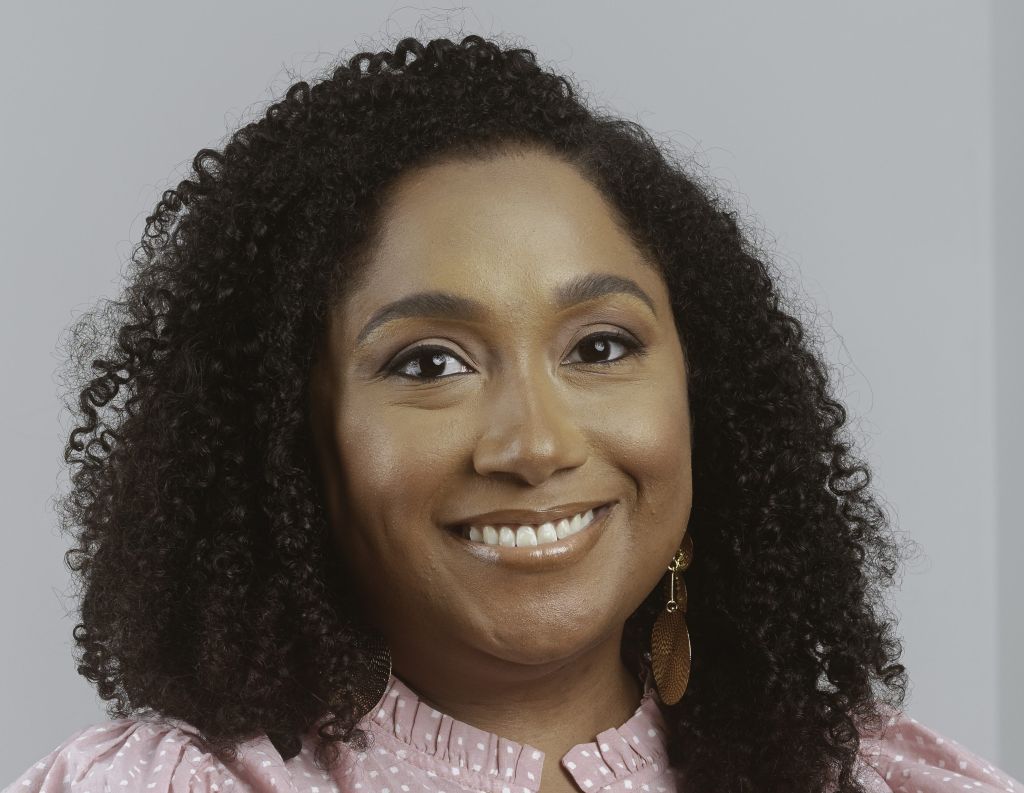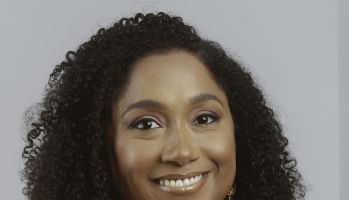
Source: Jared Soares / Courtesy of Capital B
The public killing of George Floyd was an unquestionable watershed moment for Black people everywhere. However, not only did the world have to confront the reality of police brutality and race relations in America, the media also had to grapple with how to accurately—and empathetically—cover it. But also, what does Black representation look like in a sea of predominantly white media outlets?
Lauren Williams, who was then the SVP and editor-in-chief of Vox.com, felt compelled enough by the moment to contact her former colleague Akoto Ofori-Atta and launch their own nonprofit media outlet called Capital B.
“We met when we started working together at The Root as editors a very long time ago,” Williams told The Verge‘s Nilay Patel. “In June of 2020, as newsroom leaders — she was a managing editor at The Trace at the time — we were having a lot of feelings about the state of the industry, of Black coverage, of Black issues in the industry, of Black journalists in the industry, and it was also a moment where things felt kind of apocalyptic.”
So, as high ranking as she was, did Williams think she wouldn’t have been able to see her vision through at Vox.com?
“I do really think that, if I had gone to Jim Bankoff — who’s the CEO of Vox Media — and said, ‘I really want to do something different,’ I think he would have heard me in that moment and would have been open to discussing something. But I didn’t do that,” she admitted.
“In the conversation around diversifying journalism and making sure there are more Black people in newsrooms and making sure there’s more representation, the conversation often centers around voices,” Williams added. “I really do feel that is only part of it. That is important, but the exchange of information is also really important. Getting information to people who do not have it is what gets lost in that conversation that only prizes the telling of the story but not who the story is being told to.”
Capital B is a nonprofit media outlet that boast a current headcount of 16 and with plans to add 11 more people to the staff. Furthermore, the company its headquarters in Atlanta but has ambitions of expanding to other heavily Black-populated metros like Detroit, Baltimore, New Orleans, and Washington, D.C. So how does the outlet figure out when to cover issues affecting certain regions versus those happening a larger scale?
“It’s not an either/or, and I think that sometimes they feed each other,” Williams explained. “It depends on funding too. We might get a grant for criminal justice coverage and that will fund national and local criminal justice coverage. That will help us grow our national team and our local teams. But we also fundraise separately for these, so they’re not necessarily all part of the same pot of money. They’re not the same decision, necessarily.”
Listen to Lauren Williams’ interview above. Learn more about how she handled philanthropists who marketed their interests in “racial equity” and the barriers she faced in actually securing donations, the tug-of-war between Democrat vs. conservative values in Black American culture, and how she feels after her first full week getting Capital B off the ground!
















